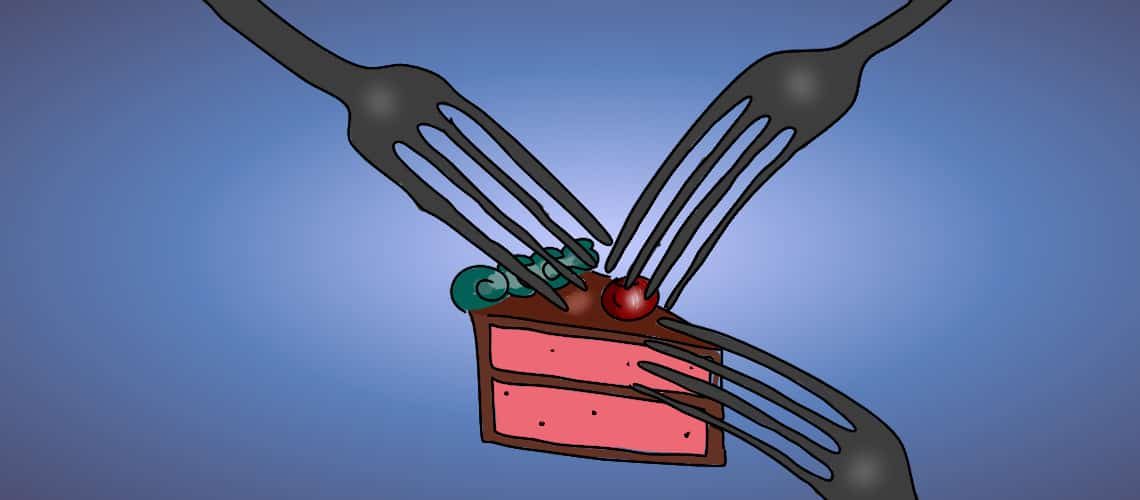“The economy is in decline” is probably what we have heard the most recently, after hearing sentences on how 2020 delivered a year which made horror movies seem like cartoons. Before we dive into whether the slope of our economy is declining or inclining, what is the economy?
It’s us!
No matter what you choose to believe in, you and I are a part of a greater, unseen phenomenon called the economy.
Ask yourself the following questions:
- You open the fridge to see the last slice of chocolate cake. You know your brother had dibs on it, but you’re the first child and have suffered enough, so you know life isn’t fair. Do you choose to eat it?
- Tomorrow is a big exam that you need to revise for. However, today is the engagement of one of your friends. Do you choose to go or stay home and study?
- After 5 pegs of whiskey, you know that you can no longer see clearly and that you have reached your maximum capacity. Do you choose to consume the 6th peg?
All of these decisions take part in basic economic theory.
Human tendency is to “want”. Whether you want a car, or the will to live, wants are infinite in nature. Resources to fulfil those wants, however, are finite. This leads to the problem of “scarcity” which is the problem that occurs when unlimited wants exceed limited resources. Should you choose to consume the last slice of cake (being a scarce resource), your younger brother would not have it.
Thus, looking at it in a broader point of view, over exploitation of current resources will harm future generations by not leaving enough for them. This becomes prominent when associated with fishing/mining/energy sectors.
Resources used to produce goods and services can be subdivided into 4 main categories known as “factors of production”– land, labour, capital and enterprise. Land is the physical space and the resources it entails (oil, minerals). Labour are the people and skills involved. Capital is the equipment and money that companies have to produce output. Enterprises are the businesses themselves, which combine the other 3 factors of production.
If you choose to go to the engagement, you lose time to study, and getting a decent grade on the subject. If you choose to stay home and study, you are missing out on a crucial moment of your friend’s life that happens only once (hopefully). The next best alternative’s cost foregone is known as opportunity cost, which is the option you are letting go when you choose the other.
Countries and governments face this on an everyday basis. Should they choose to allocate money to hospitals or to schools? By choosing schools, their opportunity cost would be people suffering with no adequate hospital facilities. By choosing hospitals, their opportunity cost might be a future generation that are flat-earthers and believe in the tooth fairy till they are 40. Thus, we see here that economics has to do with decisions based on scarce resources, and these choices lead to opportunity costs.
If you opt for the 6th peg of whiskey, some part of your inner consciousness tells you to proceed with caution. Usually, you will gain some kind of satisfaction with each additional peg, but after a while, that satisfaction will start to lessen and will slowly lead to your head seeing the pleasant face of a toilet bowl. This indicates that there is an “optimum” point of satisfaction, after which satisfaction starts to decline. This declination is known as diminishing marginal returns to scale, which is the decrease in returns (satisfaction) as a sing unit (whiskey) increases incrementally. Businesses, and even countries need to know how much to invest in a project before it starts becoming unviable.
Picking up all the separate pieces and putting them together, economics is study about how people choose to allocate scarce resources in a way which they find optimal. It is a social science concerned with the production, distribution and consumption of goods and services. The state of a country/ region while expressed in terms of this production, distribution and consumption is known as the economy.
Economics can be considered in terms of an individual or a single firm (microeconomics) or from a bird’s eye point of view, concerning industries, sectors and countries (macroeconomics). We saw above that the same theories that can be applied to decisions taken in our daily lives, can be applied to decisions taken by businesses and countries as well.
We are nothing but a collection of our experiences. Our experiences are nothing but the choices we take. Pulling a little string from the chaos theory, let’s see how our decisions create a ripple effect and contributes to something much greater than ourselves.
In our upcoming articles, we will explore strategies, behaviours and practical examples that mould the lives we live. We will also touch upon some theories by famous economists and see as how perspectives vary and humans evolve, these theories are argued against.
Evolution, creation, and the round robin of life and death.

